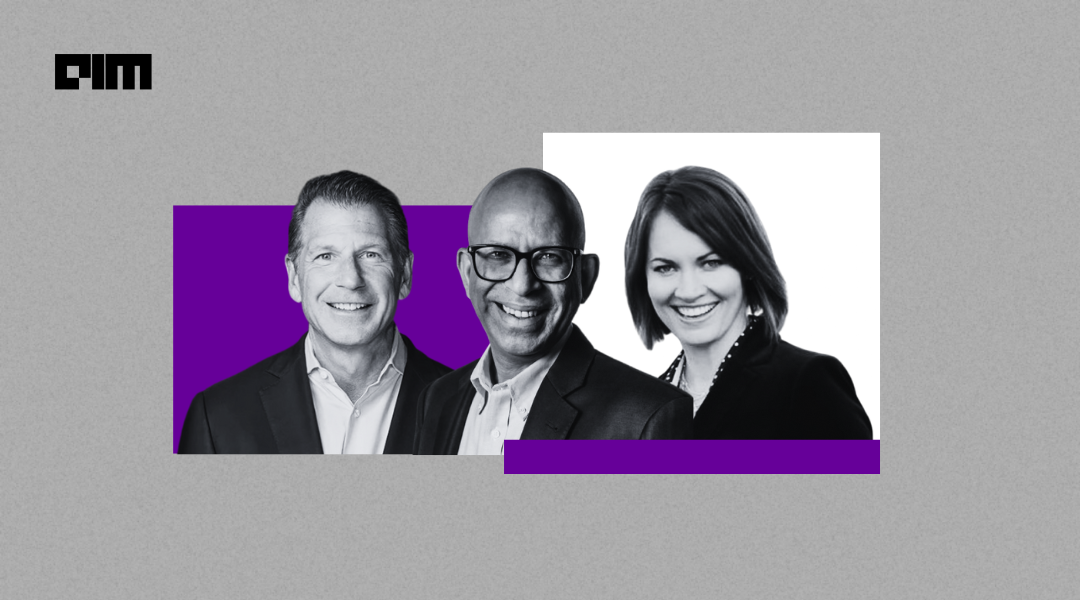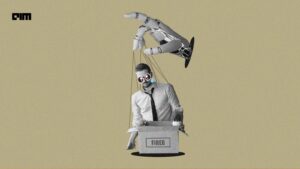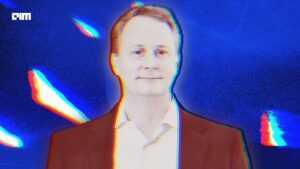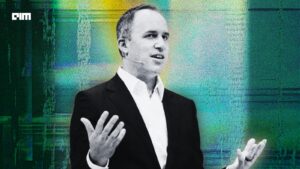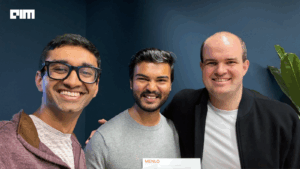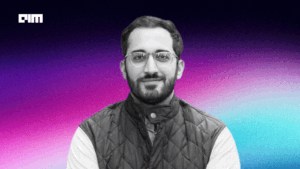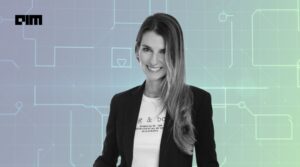Accenture announced last month that it is making a sweeping reorganization that signals a high-stakes bet on the future of AI-enabled consulting. More recently, they announced the leadership moves that would result from these shifts. The changes, effective September 1, 2025, will fuse five distinct service lines into a single integrated unit called Reinvention Services. With this structural overhaul they want to stay ahead in a services market being rapidly reshaped by generative AI, client expectations for speed, and economic volatility.
The move comes amid signs that even Accenture, the world’s largest professional services firm, is feeling the strain. Bookings in Q3 2025 fell short of analyst expectations, and shares are down nearly 20% since January. But rather than retrench, the company is doubling down on its long-held philosophy: transformation starts at home.
Manish Sharma, a close to 30-year Accenture veteran and current CEO of the Americas, will lead Reinvention Services as the firm’s first Chief Services Officer. Sharma has long been viewed as a potential successor to CEO Julie Sweet. He led the $30 billion Americas business last year and has previously held roles as Global COO and Group Chief Executive of Operations, where he helped develop SynOps, the company’s AI-and-human operations platform.
“Today, our clients need more value faster, and Accenture is their reinvention partner of choice,” said Sweet. “We are writing the playbook for how to be the most AI-enabled, client-focused professional services company in the world, and a great place to work for our people, our reinventors”.
Sharma now faces the challenge of bringing together Accenture’s crown jewels (Strategy, Consulting, Song, Technology, and Operations) under one roof. These services, long operated as distinct verticals, have each been key to Accenture’s expansion over the past two decades. Consolidating them into Reinvention Services is intended to reduce silos, enhance integration, and embed AI more deeply into the firm’s delivery model. But that integration will also test whether Accenture’s vast scale, over 790,000 employees, can move as one.
Sharma won’t do it alone. The reshuffle brings with it a new cadre of leaders. John Walsh, currently Global COO, will succeed Sharma as CEO of the Americas. Walsh has spent nearly 40 years at Accenture, leading functions across sales and media, and played a key role in driving enterprise-wide transformation. Replacing him as Global COO is Kate Hogan, who has led operations across the Americas and is credited with advancing digital transformation initiatives.
In Song, Accenture’s digital and creative arm, Ndidi Oteh takes the reins from David Droga, the former ad agency impresario behind Droga5. Under Droga, Song became the world’s largest tech-powered creative company, growing from $12.5 billion to $19 billion in revenue in just four years. He unified over 40 acquisitions into a single platform and introduced a new operating model blending creativity, data, and AI. Droga will now take on a vice chair role at Accenture.
Oteh, a veteran of the Song business since 2011, steps in after serving as the Americas lead, where she directed digital transformation strategies for Fortune 500 clients. Her elevation reflects Accenture’s belief in continuity and operational depth as the company attempts to execute one of its most complex integrations yet.
Other key appointments include Jason Dess as Group Chief Executive for Consulting, replacing Jack Azagury, who is leaving after nearly 30 years; Rajendra Prasad as Group Chief Executive for Technology and CTO, succeeding Karthik Narain; and Kate Clifford as Global Chief Leadership and Human Resources Officer.
While Accenture insists that no layoffs are planned with the creation of Reinvention Services, it has already trimmed headcount by 10,000 in the last quarter alone. The integration’s success will likely hinge on its ability to unify operations and delivery without further disruption to teams or clients. Analysts warn of short-term challenges. “Leadership transitions may pose operational risks,” noted a GuruFocus report, “and there are uncertainties related to the development and use of AI technologies”.
Accenture’s AI ambitions are not new. In 2023, it committed $3 billion to AI investments over three years, launched a generative AI studio in Australia, and signed a $700 million joint venture with Telstra. But the challenge now is not just leading in AI adoption, it’s leveraging AI internally to rethink how services are sold, delivered, and scaled.
Industry observers are cautiously optimistic. “Accenture has always stayed ahead of the game, but this time presents their biggest challenge,” wrote Phil Fersht, founder of HFS Research. “Being a true services-as-software provider necessitates a completely integrated company operating under one mission, one culture, one brand and one united leadership team energized by working together. But if anyone can pull this off, Manish can”.
As Sweet noted in a recent earnings call, “In every boardroom, in every industry, our clients are not facing a single challenge. They’re facing everything at once: economic volatility, geopolitical complexity, and changing customer behavior”.
With Reinvention Services and a refreshed leadership bench, it’s placing a bet that it can reinvent itself. If successful, the reorg could serve as a model for how legacy consulting giants adapt to AI.

